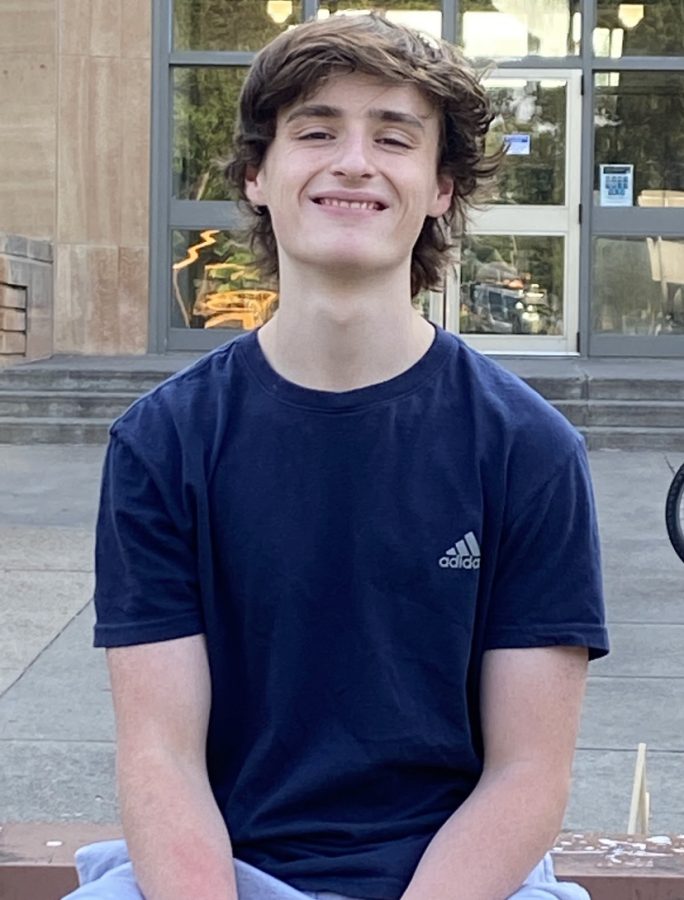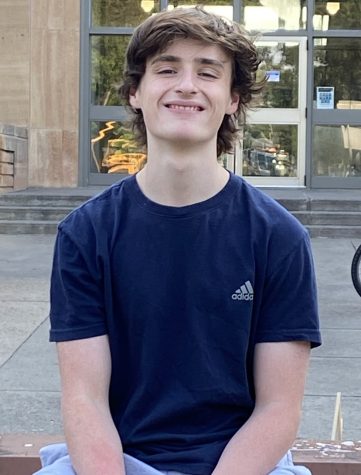The balance between A.I. and school
A.I. can benefit schools greatly as a research tool, but schools continue to block it.
March 6, 2023
A.I. used to be dramatized decades ago with Terminator and The Matrix, and while it is still nowhere near to being like the exaggerations of those movies, it has grown significantly since. Recently at the turn of the new year, A.I. has become much more sophisticated and advanced with the release of ChatGPT by OpenAI.
ChatGPT works by interpreting large amounts of text data with algorithms and generates responses based on that data. It is an upgrade from other versions of A.I. because not only can it process large amounts of data, but it can generate natural answers and have a fluid dialogue with the actual user. It also can recall certain parts of a conversation and re-apply it to its answers. ChatGPT’s responses are very human-like because of this.
ChatGPT is free and accessible. There is no paywall, all users need is an email and they can use the program from their device. Using this resource is simply a few clicks away.
Shortly after its official release in January, it has passed MBA, medical and bar exams. It will only continue to keep developing as it is used because it builds off of feedback. With it being such a versatile program, it will likely affect the operations of multiple different careers that involve working with data. Its appliances also extend toward the classroom as well, which is both good and bad for its own reasons.
At BHS, school chromebooks can access ChatGPT on Bismarck Public Schools wifi. Some schools and colleges have already had talks of banning ChatGPT, and some have already blocked it.
Rather than try and block students from using ChatGPT, schools should integrate it as a learning tool. In the future, it is likely that A.I. will be incorporated into teaching. It would be impossible to try and ignore ChatGPT, so schools should instead work with it. Doing that now would just be being ahead of the curve. It should not be blocked because it provides value in being detailed and analytic with its answers and being able to explain concepts to students in ways they would understand. Students who use ChatGPT can ask further questions and get detailed answers that are geared towards their specific confusions. For some students, ChatGPT might even be the perfect tutor because of how accessible, explanatory and knowledgeable it is.
The biggest concern is, understandably, the cheating that can happen with using the A.I. and how difficult it would be to detect it. There are some programs already being developed to detect A.I. generated essays, although they are not completely accurate yet. This concern is unavoidable though, whether blocked or not from school resources. Schools should utilize ChatGPT because of how beneficial it can be toward assisting students and not be dissuaded by the illusion that they can stop students from cheating by blocking it.


